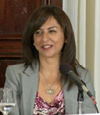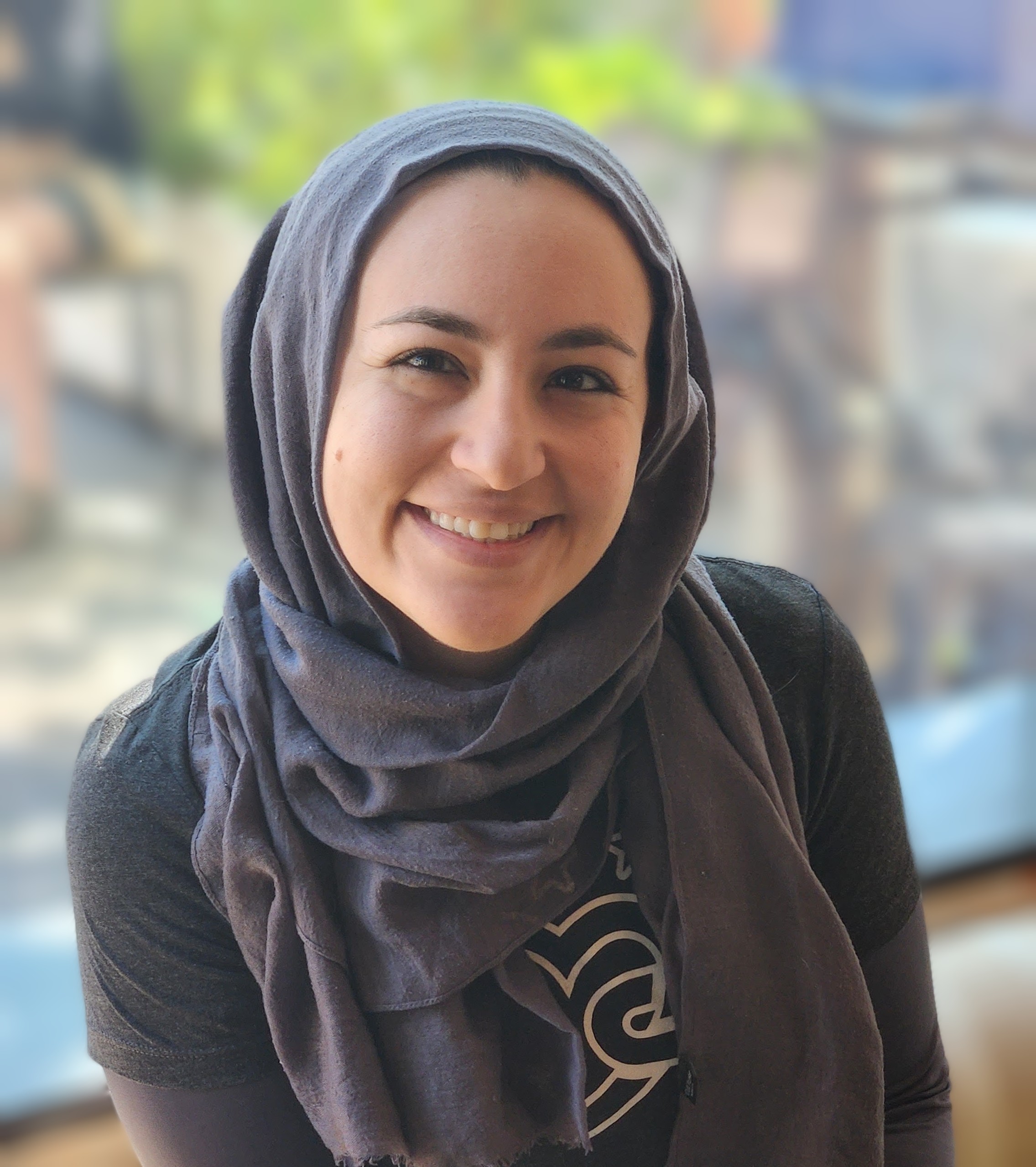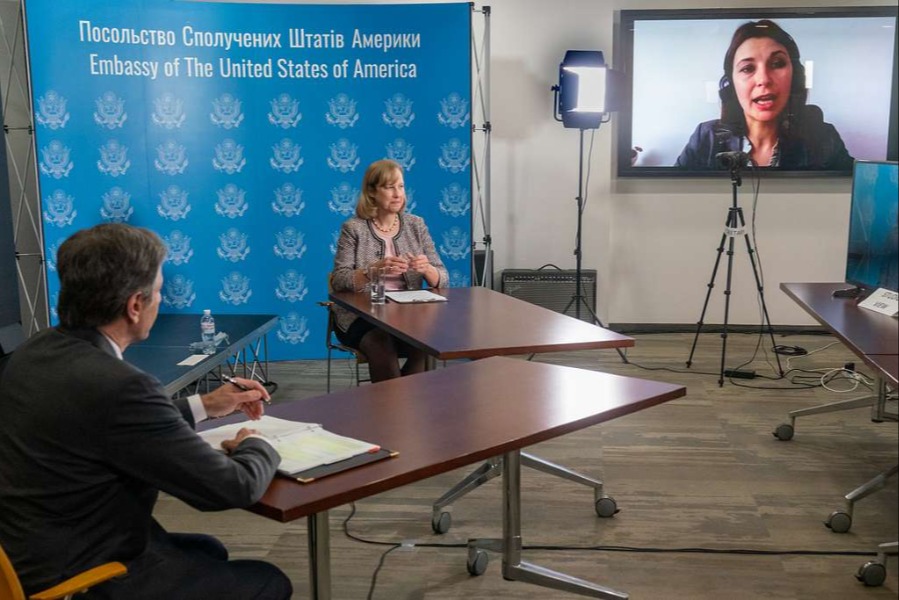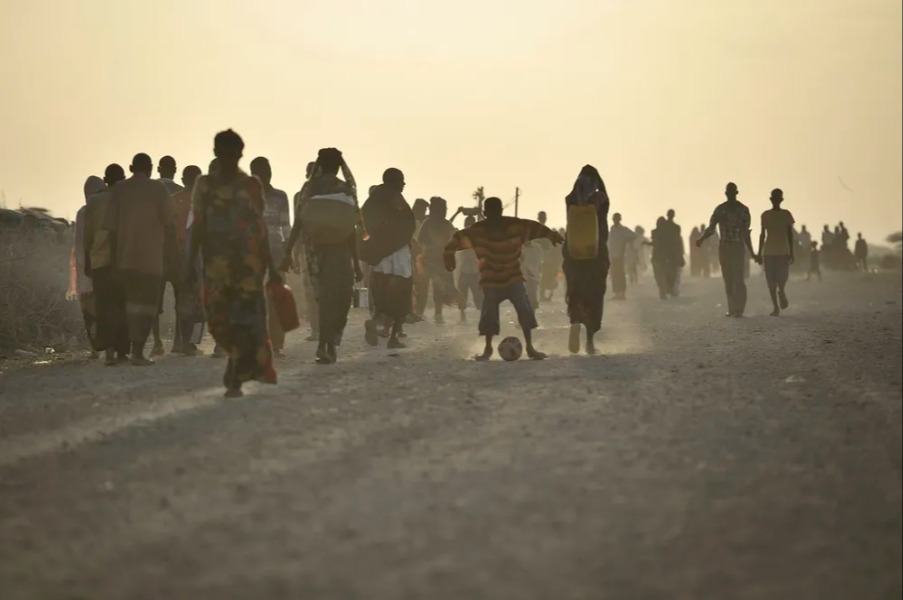Today’s Crackdown on Egyptian Civil Society: An Eerie Reminder of 2012
Despite continued reports of torture, harrowing tales of abuse in detention, and haunting anecdotes of forced disappearances, Egyptian authorities seem wholly unwilling to contend with the human rights violations that have long plagued the country’s security sector. Rather, authorities seem insistent to instead embark upon yet another wave of crackdown against civil society, taking measures to constrain the activities of the players who document, report, advocate, and litigate within the country’s anti-torture scene and even more broadly, the entire human rights movement.
Published by The Lawfare Institute
in Cooperation With

Despite continued reports of torture, harrowing tales of abuse in detention, and haunting anecdotes of forced disappearances, Egyptian authorities seem wholly unwilling to contend with the human rights violations that have long plagued the country’s security sector. Rather, authorities seem insistent to instead embark upon yet another wave of crackdown against civil society, taking measures to constrain the activities of the players who document, report, advocate, and litigate within the country’s anti-torture scene and even more broadly, the entire human rights movement.
Prominent human rights defender and lawyer Negad El-Borai, who was interrogated on four recent occasions after writing and submitting a draft torture bill to the Presidency, has been charged with establishing an unlicensed entity, conducting human rights activities without a license, and deliberately spreading false information with the purpose of harming public order. Non-governmental organization and torture rehabilitation clinic El-Nadeem has been slammed with an administrative closure order based on a procedural issue which was resolved years ago—the closure is likely the result of the organization’s most recent reports highlighting the occurrence of hundreds of torture incidents last year.
Highly concerning, the recent cases of El-Borai and El-Nadeem are in no way unique and occur in a broader context of an escalating level of repression and crackdown on civil society, on the individual, institutional, and legal levels. Scores of human rights defenders, among them founder of the Egyptian Initiative for Personal Rights Hossam Bahgat and Director of the Arab Network for Human Rights Gamal Eid, have been slammed with travel bans without clear legal grounds and absent a transparent process. Merit Publishing House was searched and raided by authorities, while contemporary art centers Townhouse Gallery and Rawabet Theater were shuttered following surprise inspections. Meanwhile, several non-governmental organizations reported having been visited by security personnel and asked about licensing. As the country’s new parliament sits, the Penal Code amendment criminalizing the receipt of foreign funding—issued by President Abdul Fattah El-Sisi via executive decree—has been automatically ratified, crushing hopes for a positive amendment to Law No. 84 of 2002 (known as the “NGO law”), which places severe constraints upon the ability of non-governmental organizations to function.
The current circumstances are reminiscent of the civil society crackdown that occurred shortly after the January 25 Revolution, the pinnacle of which came in the form of the NGO raids and subsequent NGO trial, which ultimately led to the 2013 sentencing of 43 Egyptian and non-Egyptian employees of foreign NGOs. Much like the present indicators, the period before the NGO trial had similarly witnessed systematic constraints on organizational activity, travel bans, and various acts of harassment against human rights defenders.
In fact, credible sources suggest that investigations in what is expected to be the second phase to the NGO trial—one in which Egyptian NGOs and employees are likely to face prosecutions—have already begun. In the fall of 2014, the Ministry of Social Solidarity set a deadline for NGOs to register under the NGO law. Although the deadline was never publicly enforced—thanks to domestic and international attention at the time—technical committees under the Ministry have since looked into organizations including the Egyptian Democratic Academy, the Hisham Mubarak Law Center, and the Arab Network for Human Rights Information. With organizational closures, travel bans, and prosecutions as proof of yet another systematic crackdown about to witness its zenith, credible sources now suggest that at least 37 Egyptian NGOs are on the prosecution list for such a case.
Systematic measures to constrain civil society, including prosecutions, organizational closures, and travel bans, occur in direct contravention of Egypt’s domestic and international legal obligations. Bringing charges against human rights defenders and enforcing legislation like the NGO law are measures that violate the right to freedom of association, enshrined under Article 75 of the Constitution, Article 10 of the African Charter on Human and Peoples’ Rights (ACHPR), and Article 22 of the International Covenant on Civil and Political Rights (ICCPR). Further, placing travel bans on human rights defenders via non-transparent processes is a clear violation of the right to movement, set forth under Article 62 of the Constitution, Article 12 of the ICCPR, and Article 12 of the ACHPR. In his June 2015 report, the United Nations Special Rapporteur on the Rights to Freedom of Peaceful Assembly and of Association expressed his concern that Egypt’s NGO law “places additional burdens on associations that risk undermining legitimate human rights activities in Egypt.” He concluded that Egyptian authorities “should permit any associations, including unregistered ones, to function freely, with their members operating in an enabling and safe environment.”
The current repressive approach of the regime will only push the country into greater instability. All signs show that Egypt is unwilling to challenge the culture of impunity for security sector violations, and instead of holding those who perpetrate such practices accountable, the regime is taking measures to punish the actors working to improve the country’s record on torture and human rights more broadly. There is a deliberate attempt to expand the crackdown through legal, social, and political measures against civil society activists for their human rights activities. Rather than pressure its partner to act otherwise, the international community seems content to merely engage Egypt on security assistance and economic cooperation, while falsely assuming that such an approach—already tried and failed with Mubarak—brings stability. But it is only by enabling the country's opposition to function in an unconstrained environment that Egypt will truly begin to contend with the practices that plague it, and ultimately, the instability lingering around it.






